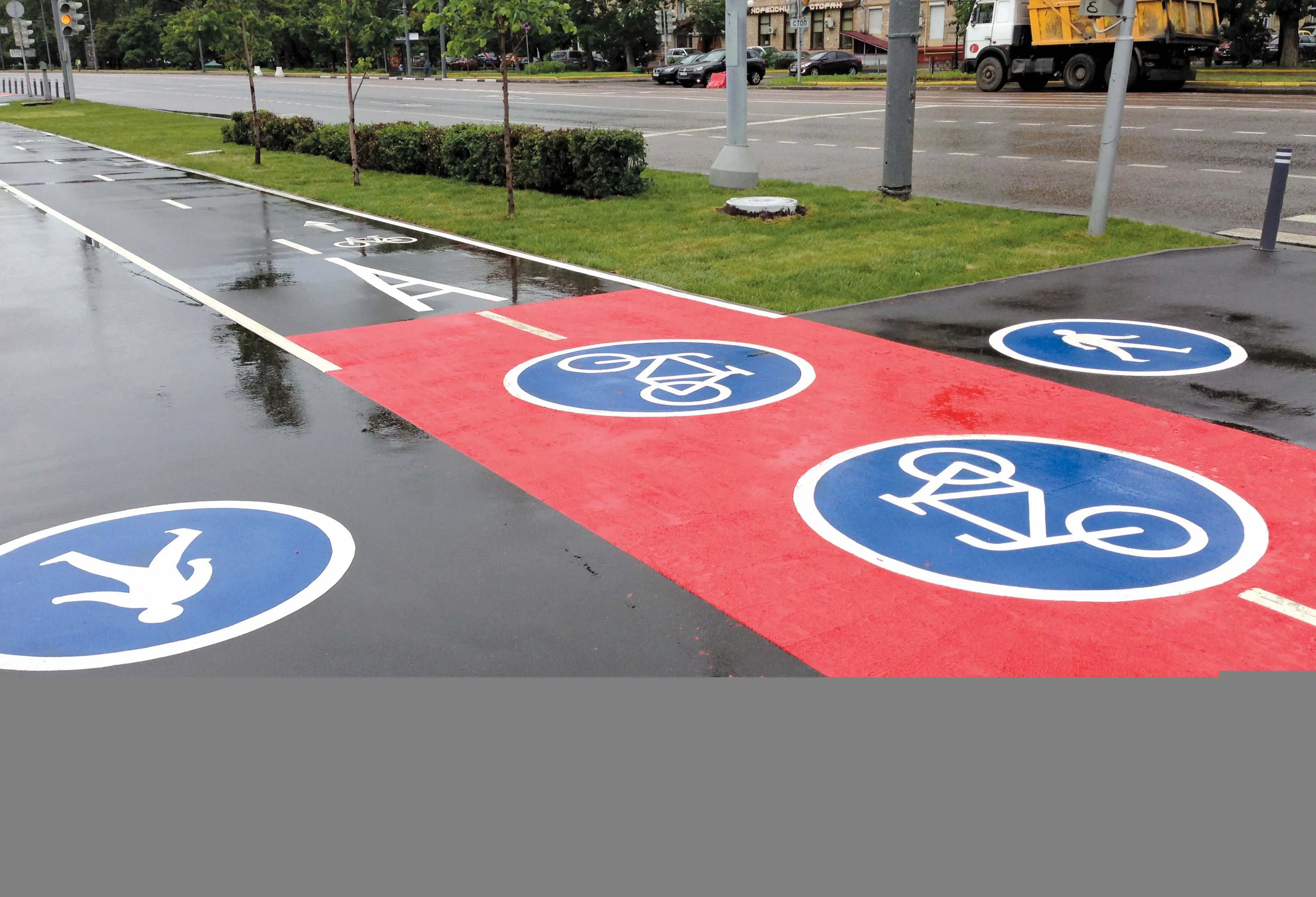Rising bitumen prices should be factored in more consistently when awarding highways contract tenders, according to Tarmac National Constructing (TNC).
The near 60% bitumen price hike of the last two years, driven by a major decrease in European refinery production, is said by TNC to be making it “extremely difficult” for highways contractors to tender for work, as current price fluctuation mechanisms do not fairly compensate for significant extra input costs.
TNC says that while the Highways Agency’s
April 20, 2012
Read time: 2 mins
Rising bitumen prices should be factored in more consistently when awarding highways contract tenders, according to 2399 Tarmac National Constructing (TNC).
The near 60% bitumen price hike of the last two years, driven by a major decrease in European refinery production, is said by TNC to be making it “extremely difficult” for highways contractors to tender for work, as current price fluctuation mechanisms do not fairly compensate for significant extra input costs.
TNC says that while the2309 Highways Agency’s Category Management Contracts and a minority of council tenders use appropriate price fluctuation mechanisms, they are not being consistently applied across all national network and local authority road contracts.
The leading UK road maintenance and highways services company says it is turning to alternative road construction methods with bitumen, which accounts for around a third of the cost of constructing a new road, being replaced with composite road construction on new build schemes.
Paul Fleetham, managing director of TNC and Middle East, said:
“With one of the largest UK refiners,741 Petroplus, entering administration last month, the general trend is for less bitumen to be available, exerting additional cost pressures.
“The industry is at a tipping point as it tries to recover these exceptional increases on existing contracts and anticipate the negative impact these may have when tendering for future long-term highway works.”
The near 60% bitumen price hike of the last two years, driven by a major decrease in European refinery production, is said by TNC to be making it “extremely difficult” for highways contractors to tender for work, as current price fluctuation mechanisms do not fairly compensate for significant extra input costs.
TNC says that while the
The leading UK road maintenance and highways services company says it is turning to alternative road construction methods with bitumen, which accounts for around a third of the cost of constructing a new road, being replaced with composite road construction on new build schemes.
Paul Fleetham, managing director of TNC and Middle East, said:
“With one of the largest UK refiners,
“The industry is at a tipping point as it tries to recover these exceptional increases on existing contracts and anticipate the negative impact these may have when tendering for future long-term highway works.”









